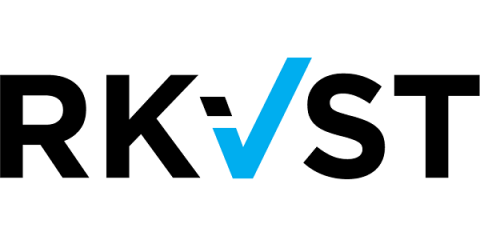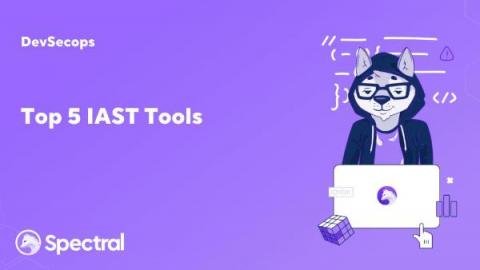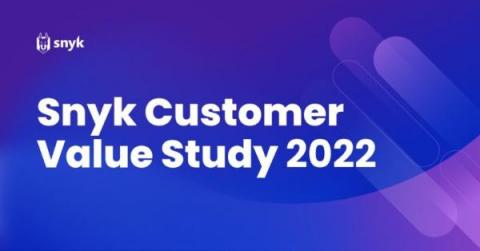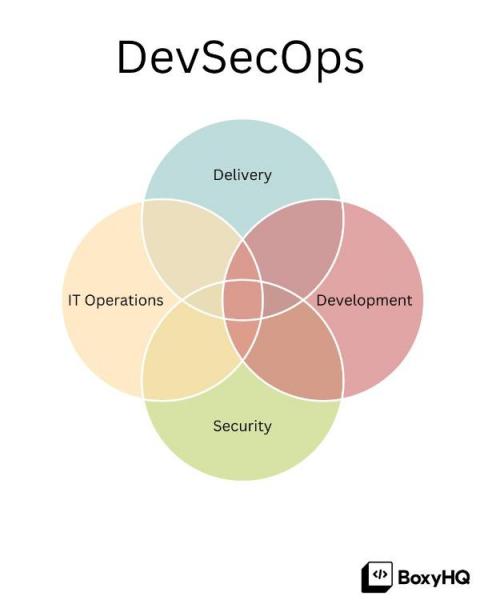DevSecOps - All You Need To Know
DevSecOps has become one of the hottest buzzwords in the DevOps ecosystem over the past few years. In the abstract, it’s easy to understand what DevSecOps means and why people care about it: it’s a strategy that extends DevOps efficiencies to software security. But when you sit down and actually start implementing DevSecOps, things can get trickier. There is no switch you can flip to go from DevOps to DevSecOps. Implementation requires a set of tools and practices.











